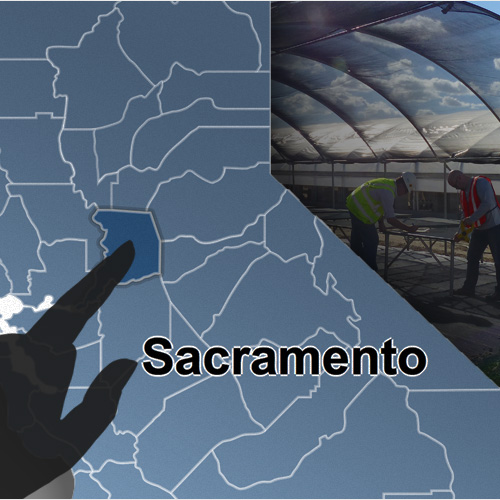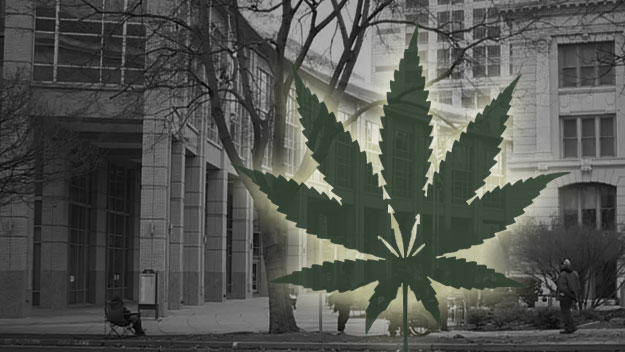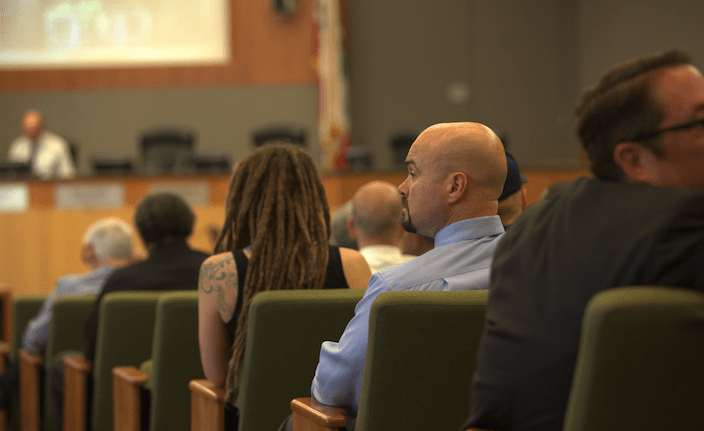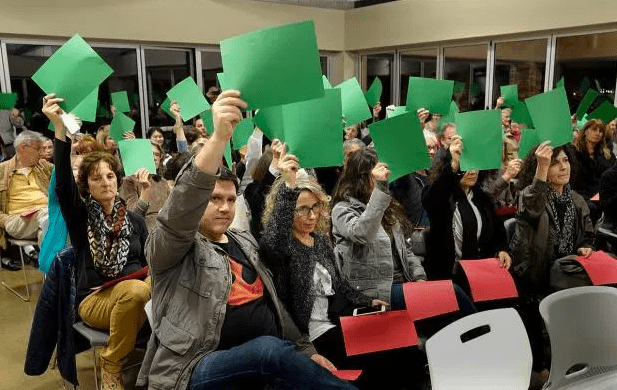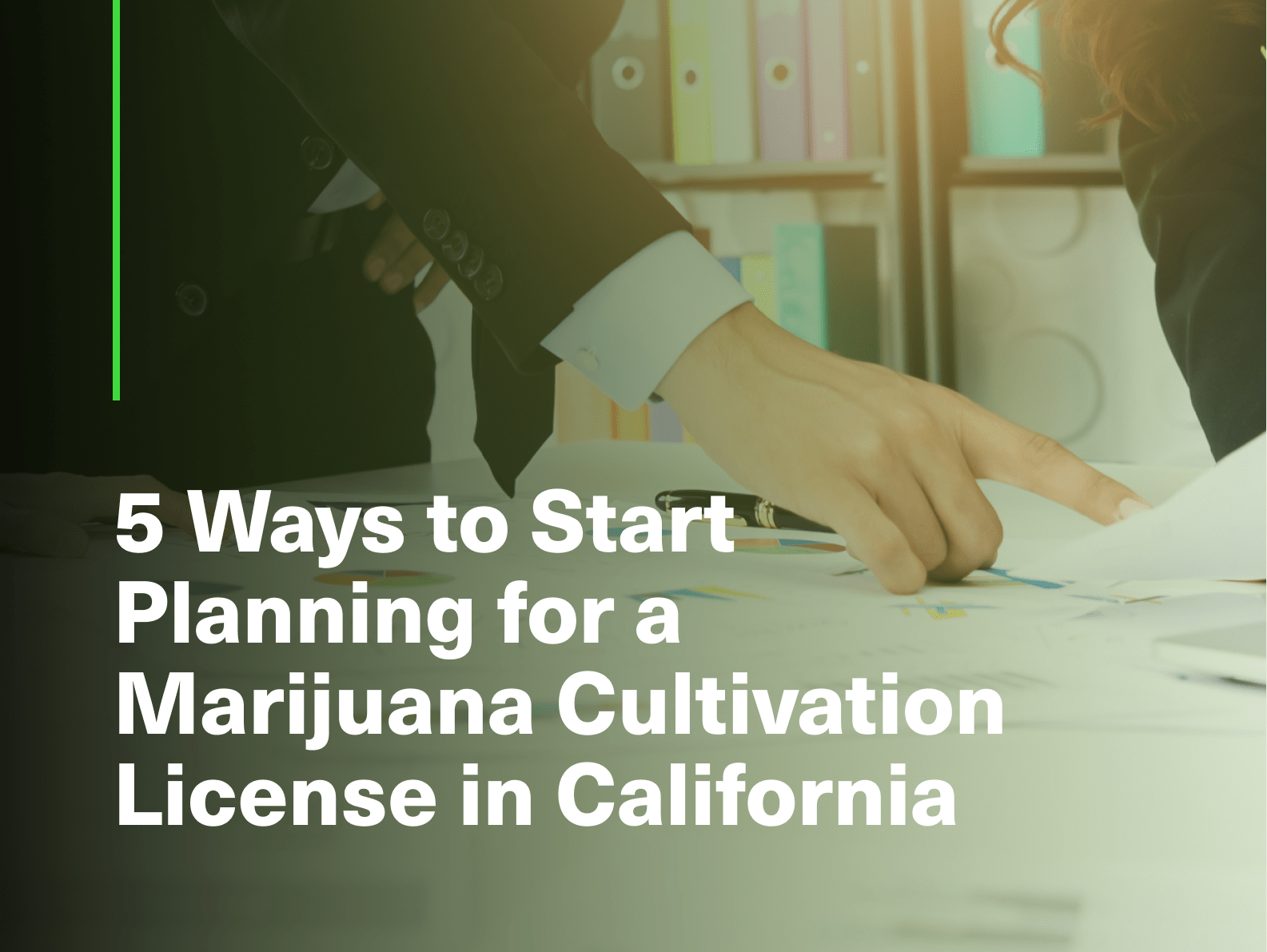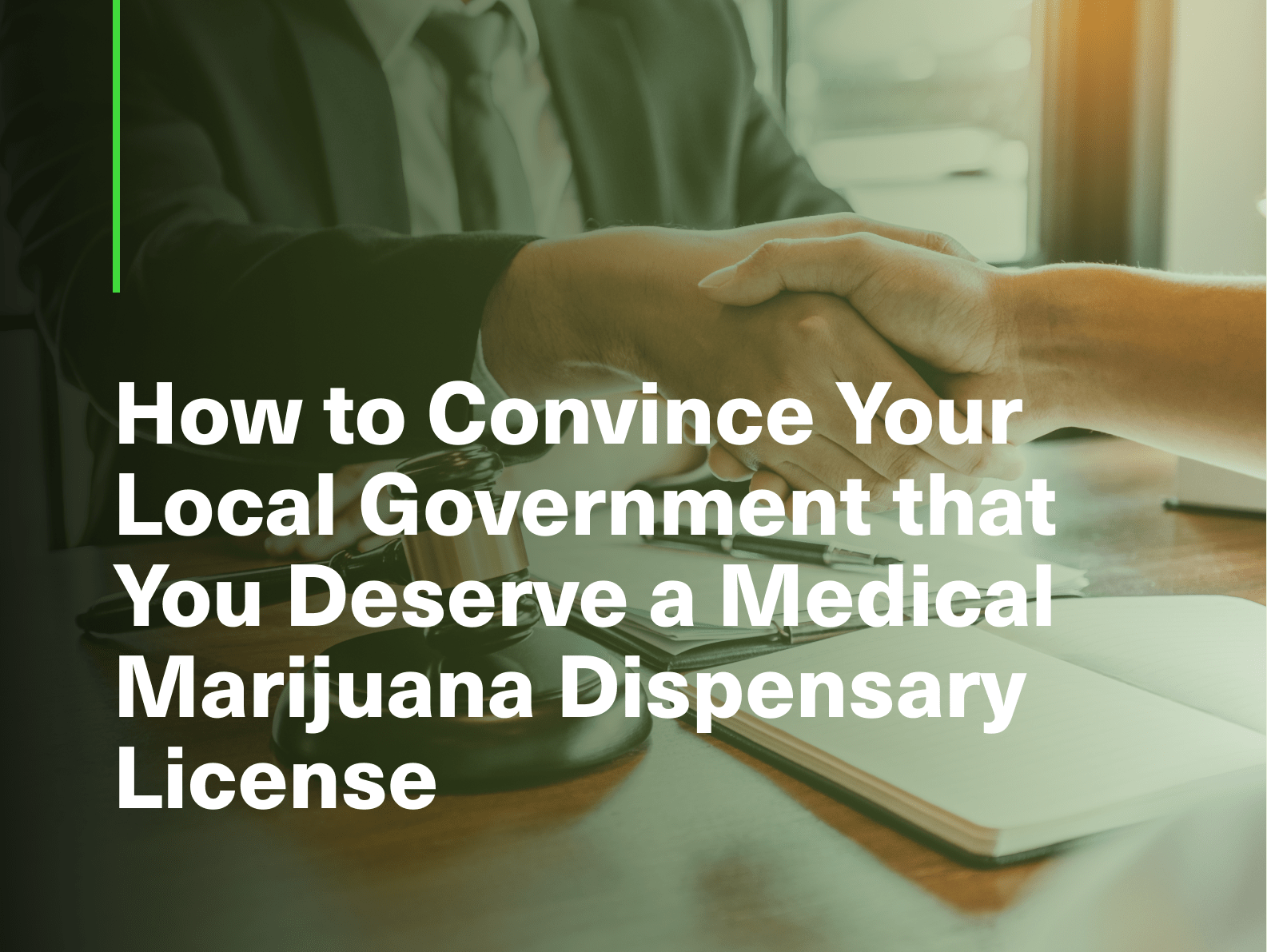If you are like most people interested in the business of cannabis in California, you may be looking for a place to locate your medical marijuana dispensary, cultivation operation, manufacturing facility, or distribution center. While three state agencies are responsible for issuing medical marijuana licenses starting in January 2018, this system is based on a dual licensing program that first requires approval from the city or county where the marijuana business is located before the state will issue a license. What this means for any marijuana investor or operator is that local government is the primary gatekeeper for obtaining a medical or adult-use marijuana license, since much of what is required for the state medical marijuana dispensary license is also required for a local approval.
California cities and counties reacting to the state’s implementation of its new cannabis licensing system have passed a variety of bans, regulatory programs, and other policy changes based on the will of their local constituents. Since local governments are focused on land use and property rights within their authority, regulation of medical marijuana dispensaries, cultivation, and related uses is largely shaped by how local residents express their opinions of what should be allowed. Additionally, local governments have the responsibility of complying with state and federal law, which are currently in conflict regarding the legality of marijuana. In summary, local governments have a lot to think about before allowing marijuana businesses within their borders.
At BeGreenLegal, our cannabis consultants closely follow local government politics, meetings, ordinance changes, and permitting regulations to determine whether a city or county may be a good location for our clients and their marijuana businesses. Each month, we provide a free update through our interactive map that informs our clients and the public which of the 540 cities and counties in California allow marijuana businesses. As local policies are changing rapidly, this information has become vital to those cannabis investors and businesses making important decisions about where and how to operate.
See Interactive Map to learn more!
Learning where marijuana businesses are allowed is a great first step in obtaining a license, but obtaining a local approval is much more complicated than simply submitting an application and paying a fee. Our cannabis consultants analyze the following three key factors in determining whether a local city or county may be the right location for our clients:
Key Factor #1 – Understand the political landscape
Image Source: CBS Local News
The first step in making the decision about whether to locate in a city or county is to understand how local politicians, appointees, staff, and residents feel about marijuana. While political opinion in California and across the country has become much more favorable towards the idea of cannabis use for medical and recreational purposes, viewpoints at the local level may be significantly different. Residents and politicians are typically much more sensitive when discussing whether to allow cannabis production, distribution, sales, and consumption in their city or county, especially when that use is adjacent to, or near one’s property. This “not in my backyard” (NIMBY) approach to local politics is very common for any land uses perceived as potentially having an adverse effect and the structure of local government decision-making allows any resident to voice their opinion through public comment.
Key Factor #2 – Understand decision-making motivation
Residents, appointees, and politicians make decisions that are intended to benefit their community. Historically, marijuana has been viewed by most as being associated with crime, drug dealers, and sketchy neighborhoods. Opponents have also recently pointed to increases in marijuana-related traffic accidents and fatalities where the substance has already been legalized. Marijuana dispensaries, cultivators, manufacturers, distributors, and testing laboratories must win over the hearts and minds of residents and officials by helping them see why allowing their business in the community will be a benefit and not a detriment. Many cannabis businesses focus this discussion on how they help medical marijuana patients in the local area and what would happen to those individuals relying on cannabis if it was not allowed. As the legalization of cannabis stems from laws passed to address patient needs, this approach has proven to be effective. However, the conversation about how a cannabis business can benefit the community needs to include other factors, particularly in defense of recreational use.
Key Factor #3 – Understand the volatility of local decision-making
Image Source: The Orange County Register
Portraying your marijuana business as a transparent and upstanding part of the local community is extremely important in developing the reputation you need to convince residents and officials that you should receive a local approval. However, it is also important to understand that not everyone in a city or county may want you to be there. Our consultants have assisted many marijuana businesses obtain approvals that subsequently have been jeopardized by elections, sudden changes in policy, or neighbor complaints. Smart marijuana businesses protect themselves by getting involved in politics themselves through attending local meetings and joining business associations. Another great way to protect your business is by implementing a community relations plan that serves to address local complaints as soon as possible and keeps you connected with other residents.
As with any long-term relationship, your business will be more successful in obtaining a local approval and minimizing future difficulties by understanding what motivates local residents and their representatives before spending significant time and money investing in a property.
If you would like assistance in reviewing a particular property, or have a business idea in mind and want to learn more about where you may be able to locate, call or email us today to schedule a half-hour consultation.
BeGreenLegal Sacramento Office: 916-758-8470, info@begreenlegadev.wpengine.com

